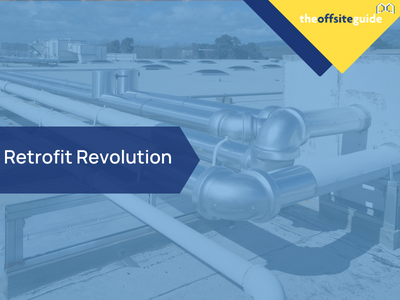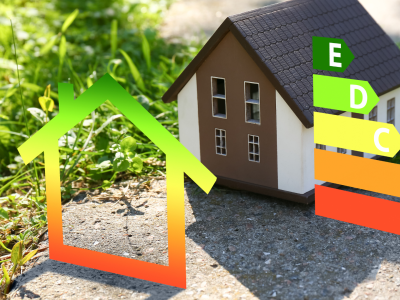Retrofit
Retrofitting represents a transformative approach in the UK's construction sector, particularly in the context of the nation's commitment to achieving net zero carbon emissions.
This process involves upgrading existing buildings to enhance their energy efficiency, reduce greenhouse gas emissions, and improve overall sustainability.
The significance of retrofitting in urban development cannot be overstated. With a substantial proportion of the UK's building stock being old and inefficient in terms of energy use, retrofitting offers an effective solution to modernise these structures. It encompasses a range of interventions, from installing better insulation and energy-efficient windows to upgrading heating systems and incorporating renewable energy sources.
Retrofitting not only addresses the immediate need for reduced energy consumption but also plays a crucial role in enhancing the comfort and health of occupants. By improving the thermal performance of buildings, retrofit projects contribute to reducing fuel poverty and creating healthier living environments.
The UK government's focus on retrofitting is evident in various initiatives and regulations aimed at improving the energy efficiency of buildings. These include the Green Homes Grant and the recent updates to the Building Regulations, which set higher standards for the energy performance of new and existing buildings.
The retrofitting sector is also a key driver for job creation and economic growth, providing opportunities for skilled professionals and boosting local economies. As the UK continues to prioritise environmental sustainability and carbon reduction, retrofitting emerges as a crucial element in the transition towards a greener, more resilient future.

Retrofit Revolution: How MMC is Transforming Building Renovations
Explore how Modern Methods of Construction (MMC) revolutionise retrofitting, enhancing efficiency and sustainability in building renovations

Eco-Friendly and Efficient: The Growing Appeal of Hybrid Modular Construction
Exploring the eco-friendly and efficient world of Hybrid Modular Construction in the UK, blending 2D panels with 3D modules for sustainability.

The Rise of Sustainable Modular Construction: Green Trends Transforming the Industry
As the demand for environmentally conscious building methods grows, sustainable modular construction has emerged as a leading trend...
Follow us on LinkedIn
Receive the latest products, news and advice from The Offsite Guide
By signing up, you agree to receive marketing emails in accordance with our privacy policy. You can unsubscribe at any time.